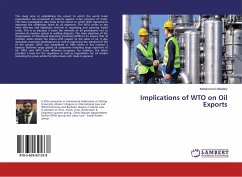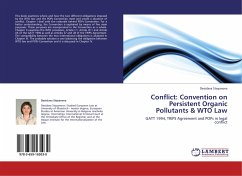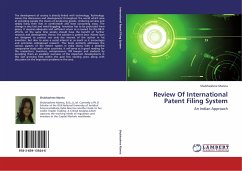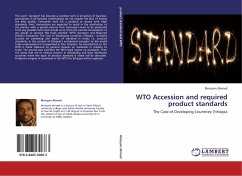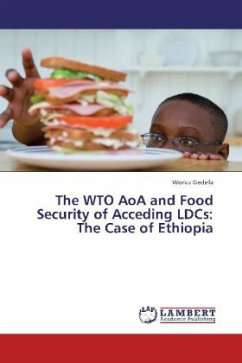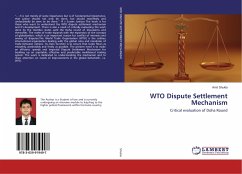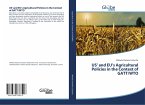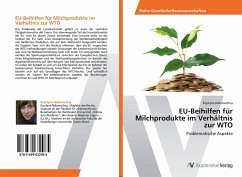This study aims at establishing the extent to which the world trade organisation has protected oil exports against unfair practices of trade. The main investigation also looks at the extent to which WTO Agreements improved the challenges faced by oil exporters. The WTO serves as the most effective and legitimate channel in regulating and opening world trade. This is so because it takes the interests of all participants not to mention its modern system in settling disputes. The main objective of the Organisation of Petroleum Exporting Countries (OPEC) is to ensure that its member states obtain fair shares with respect to the value of oil. It also stimulates economic development as well as improving the standard of life of the people. OPEC was established in 1960 where it has created a balance between large global oil companies including large exporters of oil. OPEC and WTO have different purposes, for instance, the latter provides a base for the regulation as well as negotiation for oil market including the prices while the latter deals with trade in general.

